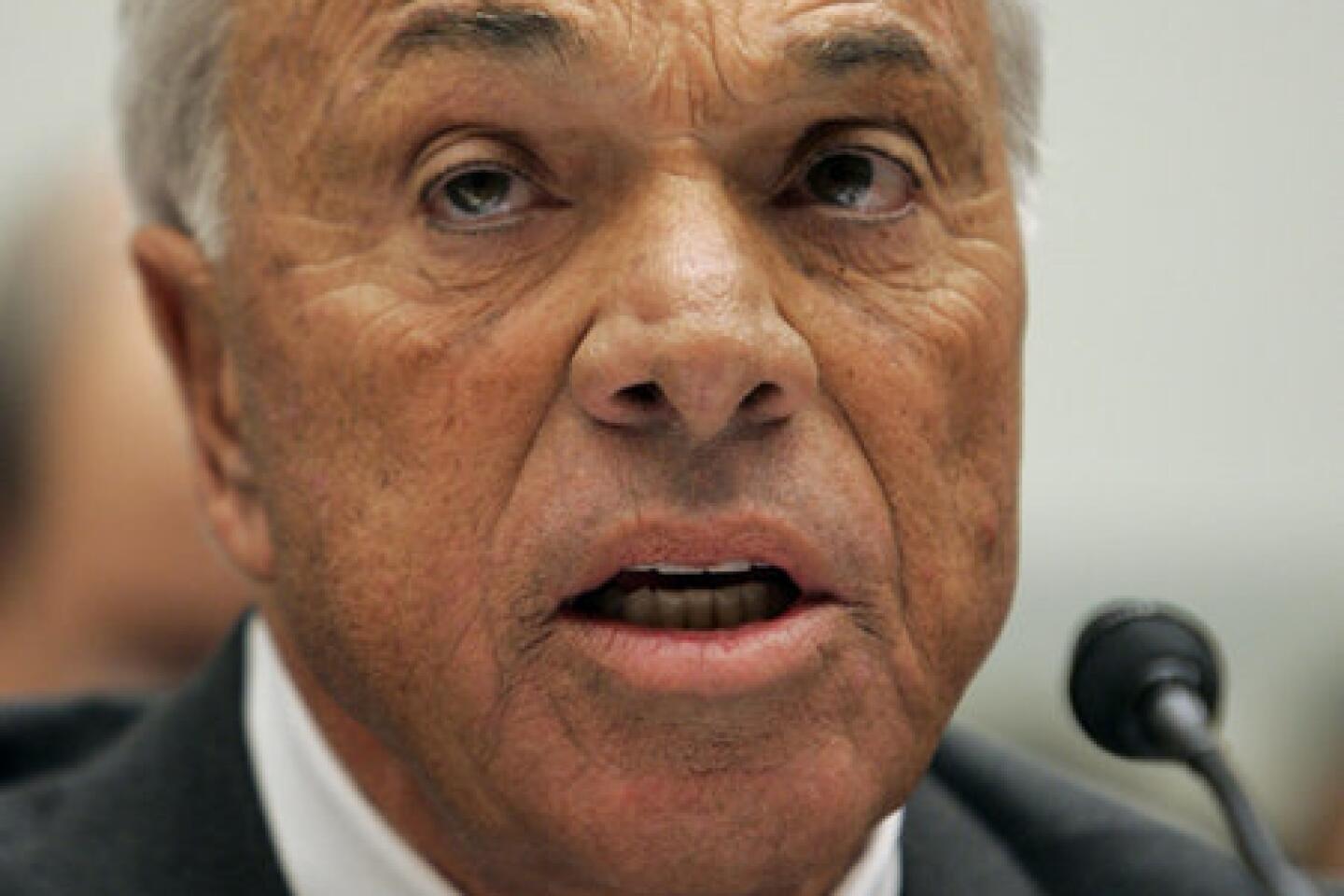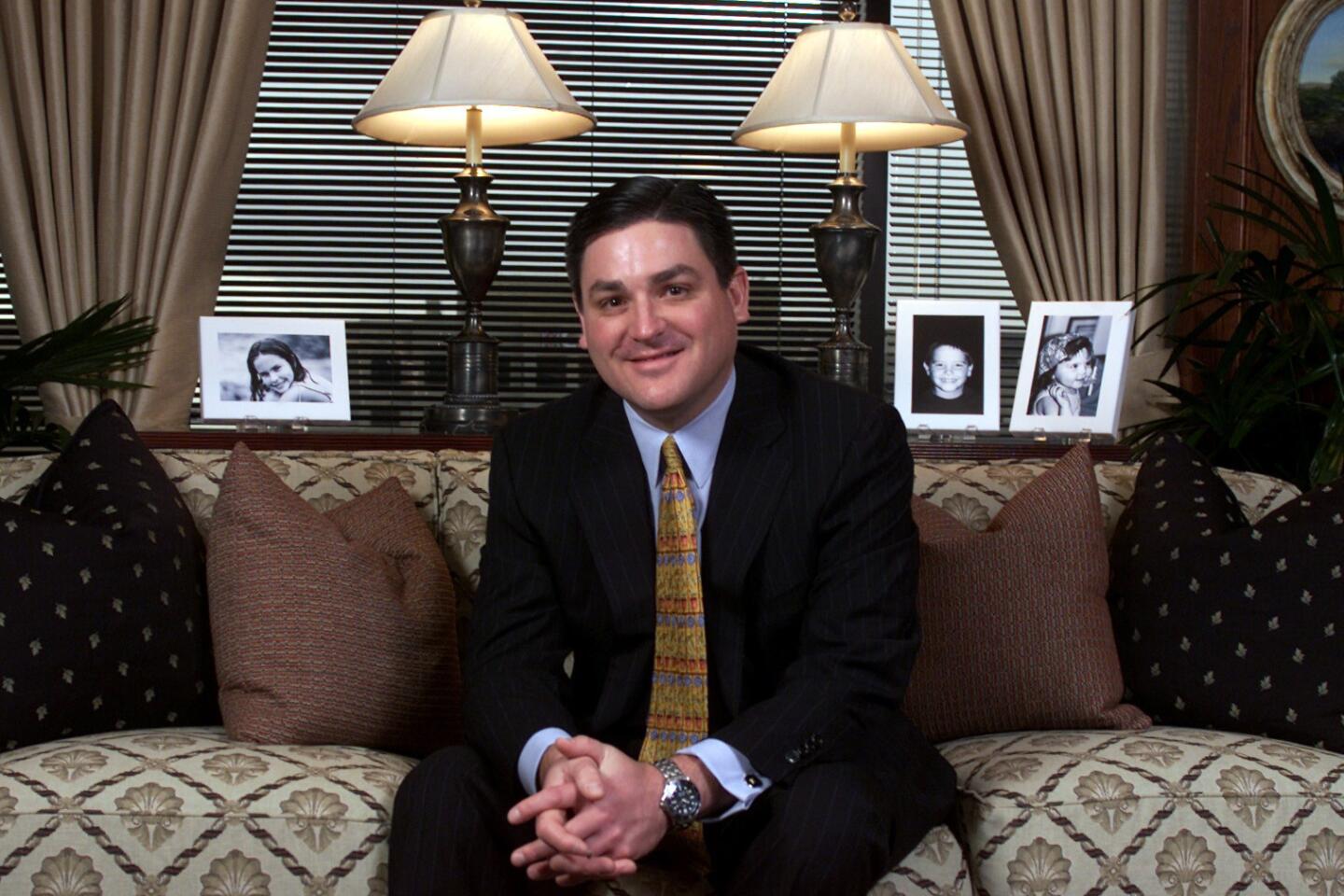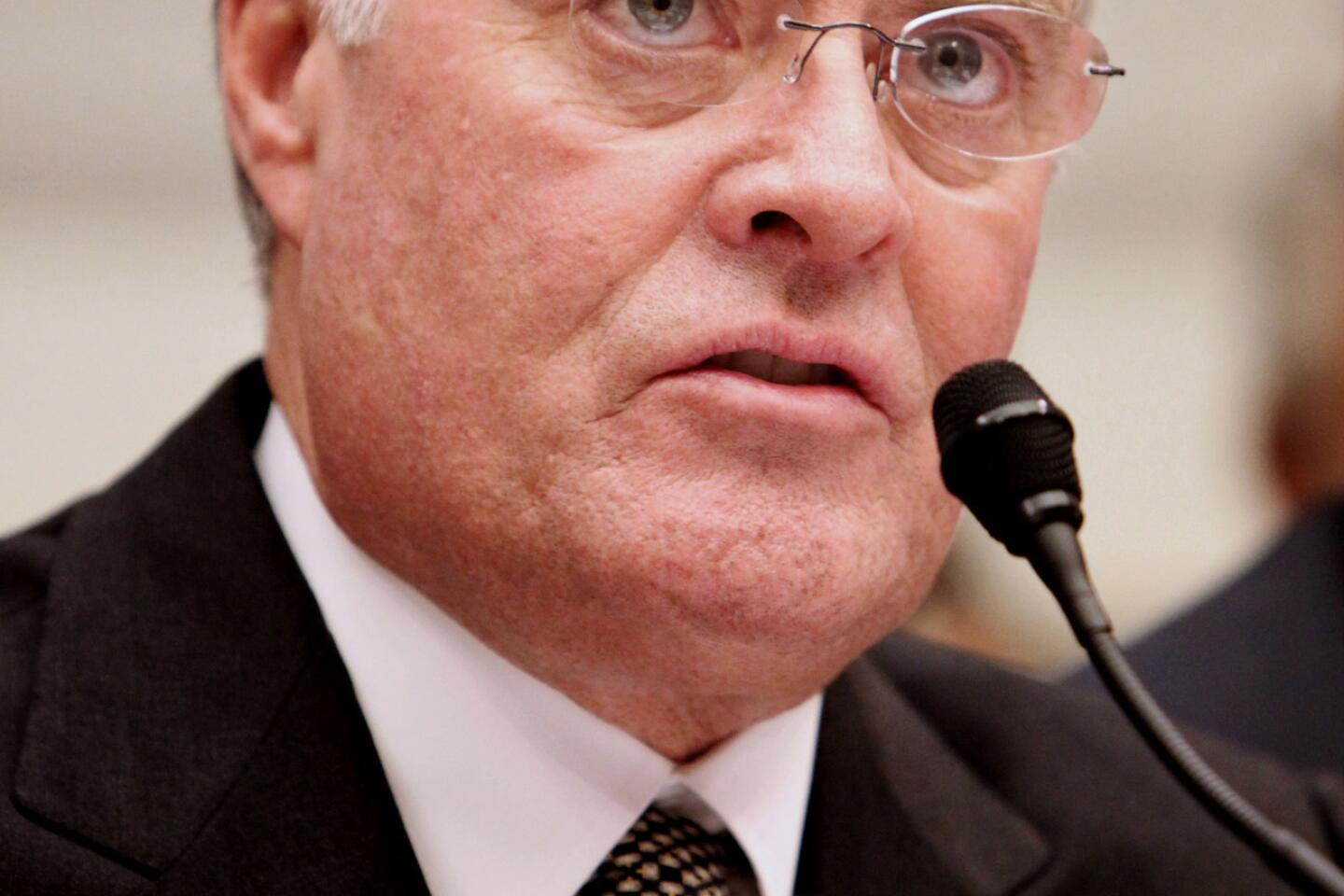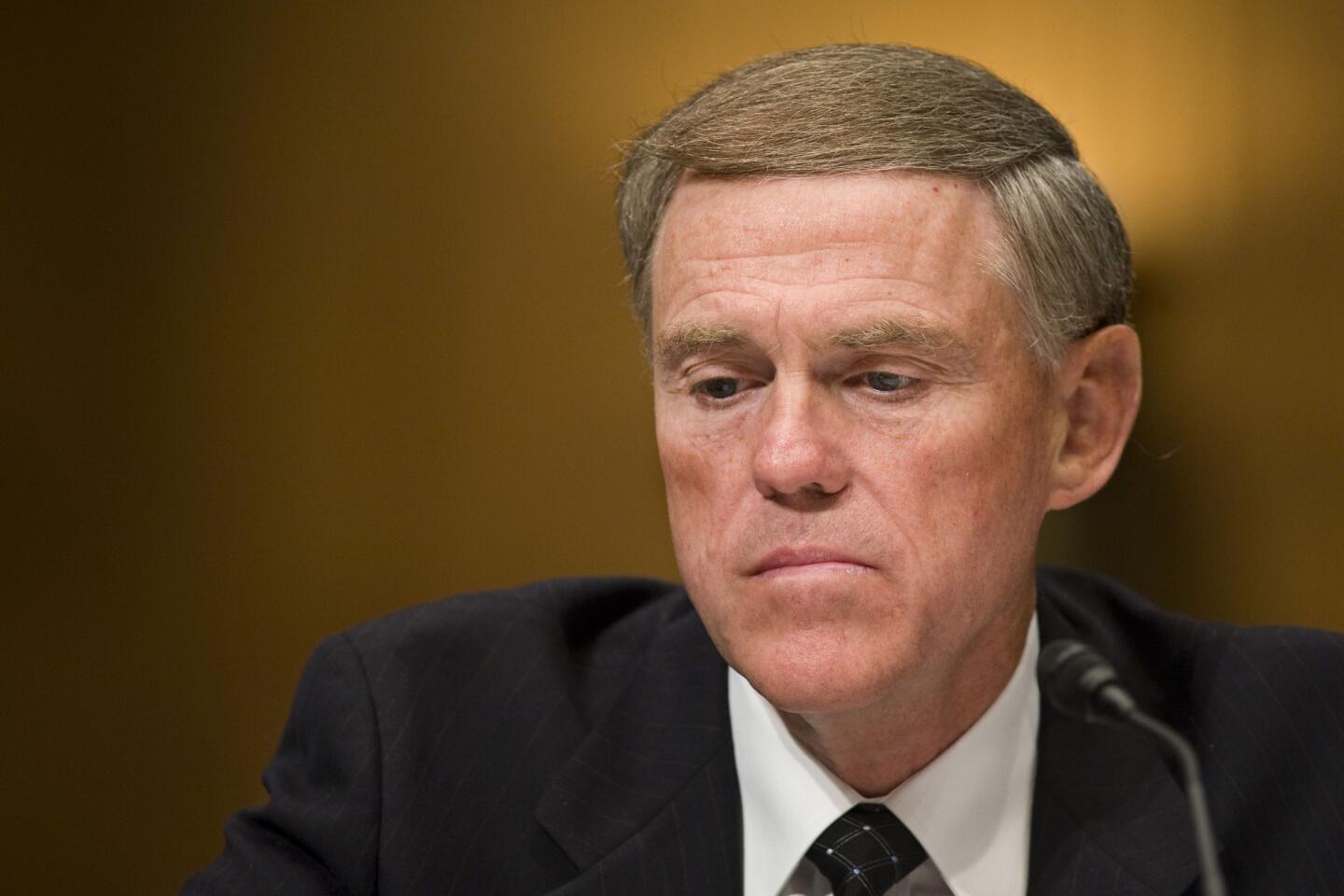Consumer Financial Protection Bureau is keeping banks in check
- Share via
Michael Barr served as the U.S. Treasury Department’s assistant secretary for financial institutions in 2009 and 2010. He oversaw the Obama administration’s dealings with Congress in creating the Consumer Financial Protection Bureau.
And he’s still smarting from the experience.
“The banks fought against the bureau tooth and nail,” Barr told me. “They were in an all-out war with the administration over this.”
But he makes no effort to hide his satisfaction with how things turned out.
“The financial sector lost that fight,” Barr said.
The bureau grew out of the debris of the financial meltdown, which more or less began five years ago this week when Lehman Bros. went kerblooey.
Although the banking industry and its Republican friends have worked hard to limit the bureau’s power, the agency is at last up and running, cracking down on unfair industry practices and providing new resources to consumers.
Case in point: an online database of consumer complaints that allows people to report potentially abusive financial transactions and to see what others are saying about various companies.
From July 21, 2011, through June 30, 2013, the bureau says it received about 176,700 consumer complaints.
These include roughly 85,200 mortgage complaints, 36,300 credit card complaints, 25,700 complaints about bank accounts and services, 14,200 complaints about credit reporting companies, 6,000 complaints about private student loans, 5,700 complaints about consumer loans and 300 complaints about money transfers.
More than 80% of total complaints already have been dealt with by bureau officials or are under review, according to bureau stats. The rest have been passed along to other regulators or have been deemed incomplete.
In June, the bureau ordered U.S. Bank and one of its affiliates to return about $6.5 million to more than 50,000 members of the U.S. military who had been duped by the terms and costs of subprime auto loans.
The companies failed to adequately disclose finance charges, interests rates, payment schedules and total payments for loans pitched near military bases, bureau investigators found.
In April, the bureau handed down $15.4 million in fines to four private mortgage insurers that were accused of paying illegal kickbacks to lenders for steering business their way. The alleged racket lasted more than a decade, officials said.
“The reforms being developed by the CFPB are sorely needed,” said Constance Wagner, an associate professor at Saint Louis University School of Law. “This is an area of tremendous abuse by banks, and I am horrified at the way that the industry is trying to shut down reform initiatives.”
Critics complain that the new regulatory agency was unnecessary and that too much power has been concentrated in the hands of the bureau’s director, Richard Cordray.
“The banking industry is still wary,” said Wayne Abernathy, executive vice president for financial institutions at the American Bankers Assn. “There are a lot of folks who have concerns that an agency run by one person is open to abuses.”
Not that he or anyone else can cite a specific abuse of power so far. Most critics of the bureau have to had to settle for cooking up speculative worst-case scenarios.
Todd Zywicki, a professor at George Mason University School of Law and a consistent pebble in the bureau’s shoe, pointed toward recent reports that the bureau aims to monitor about 80% of all credit card transactions and 95% of mortgage transactions.
The reports, mostly on conservative websites, cited “documents obtained by the Washington Examiner” purporting to show that the bureau was embarking on a vast program of clandestine data mining.
“Why do they need all that information?” Zywicki asked. “What are they going to do with it?”
In fact, the “documents obtained by the Washington Examiner” consisted of a fairly routine strategic plan that was posted on the agency’s website for all to see.
It talks about the bureau’s goal of overseeing the consumer credit market by gathering aggregated data on loan transactions, without stockpiling personally identifiable information such as names and addresses.
“The Consumer Financial Protection Bureau is responsible for monitoring the market to make sure companies are playing by the rules and treating consumers fairly,” said Sam Gilford, a bureau spokesman. “Collecting anonymized data is part of the work.”
Kind of like the way the Securities and Exchange Commission monitors stock transactions, or the Commodity Futures Trading Commission monitors commodity transactions.
It’s called market regulation. It’s what regulators do.
“This is the way the bureau’s critics behave,” said Barr, the former Treasury official. “They have nothing specific to complain about, so they make the same argument about everything — that the bureau has too much power and no accountability.”
His response is a simple one: Would you rather go back to the way things were before the financial meltdown when banks and other financial companies had free rein to indulge in the most irresponsible and destructive of practices?
“I think it’s very hard to argue that that’s the kind of world we want to live in,” Barr said.
And now, five years after Lehman, we don’t have to.
David Lazarus’ column runs Tuesdays and Fridays. He also can be seen daily on KTLA-TV Channel 5 and followed on Twitter @Davidlaz. Send your tips or feedback to [email protected].
More to Read
Inside the business of entertainment
The Wide Shot brings you news, analysis and insights on everything from streaming wars to production — and what it all means for the future.
You may occasionally receive promotional content from the Los Angeles Times.
















